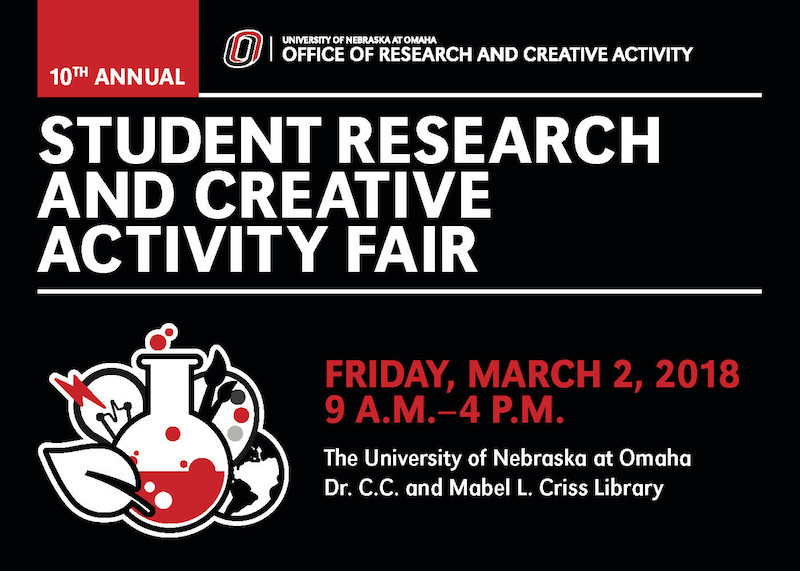
The Role of Oxytocin and Vasopressin in Juvenile Marmoset Stress Reactivity and Recovery
Advisor Information
Jeffrey French
Location
Dr. C.C. and Mabel L. Criss Library
Presentation Type
Poster
Start Date
2-3-2018 10:45 AM
End Date
2-3-2018 12:00 PM
Abstract
While isolation from significant social partners produces a pronounced biobehavioral stress response, social support from family members upon reunion can attenuate this response. In this study, we examined the extent that oxytocin (OT) and vasopressin (AVP), two well-known hormones, modulate both the stress response (measured by cortisol) and sociality upon reunion in juvenile marmosets. 6-month-old marmosets experienced a short-term social isolation following treatment with OT, AVP, or placebo. Prior to reunion, marmosets received a second treatment with OT, AVP, or placebo. This experimental design allowed us to differentially test the impact of OT/AVP on stress reactivity, sociality during reunion, and stress recovery. We demonstrated that cortisol significantly changed over time F(6,60)=26.8, pF(36,360)=1.214, p=.192. OT and AVP did not affect stress reactivity F(6,60)=0.76, p=.6) or affiliation upon reunion, F(6,60)=.288, p=.940, but AVP did affect stress recovery F(6,60)=2.14, p=.06. AVP-treated marmosets had significantly lower cortisol levels immediately following reunion than when they received placebo, which indicates that AVP contributes to improved stress recovery. Upon reunion, marmosets preferred to eat F(1,10)=49.5, p F(2,18)=3.6, p=.047 alone and were less likely to initiate play than family members F(1,10)=5.3, p=.044, which suggests that they preferred solitary behaviors over social behaviors after the initial reunion. Our work demonstrates that AVP may play a larger role in stress recovery than previously thought and that marmosets preferentially cope with stress with less social interaction.
The Role of Oxytocin and Vasopressin in Juvenile Marmoset Stress Reactivity and Recovery
Dr. C.C. and Mabel L. Criss Library
While isolation from significant social partners produces a pronounced biobehavioral stress response, social support from family members upon reunion can attenuate this response. In this study, we examined the extent that oxytocin (OT) and vasopressin (AVP), two well-known hormones, modulate both the stress response (measured by cortisol) and sociality upon reunion in juvenile marmosets. 6-month-old marmosets experienced a short-term social isolation following treatment with OT, AVP, or placebo. Prior to reunion, marmosets received a second treatment with OT, AVP, or placebo. This experimental design allowed us to differentially test the impact of OT/AVP on stress reactivity, sociality during reunion, and stress recovery. We demonstrated that cortisol significantly changed over time F(6,60)=26.8, pF(36,360)=1.214, p=.192. OT and AVP did not affect stress reactivity F(6,60)=0.76, p=.6) or affiliation upon reunion, F(6,60)=.288, p=.940, but AVP did affect stress recovery F(6,60)=2.14, p=.06. AVP-treated marmosets had significantly lower cortisol levels immediately following reunion than when they received placebo, which indicates that AVP contributes to improved stress recovery. Upon reunion, marmosets preferred to eat F(1,10)=49.5, p F(2,18)=3.6, p=.047 alone and were less likely to initiate play than family members F(1,10)=5.3, p=.044, which suggests that they preferred solitary behaviors over social behaviors after the initial reunion. Our work demonstrates that AVP may play a larger role in stress recovery than previously thought and that marmosets preferentially cope with stress with less social interaction.
